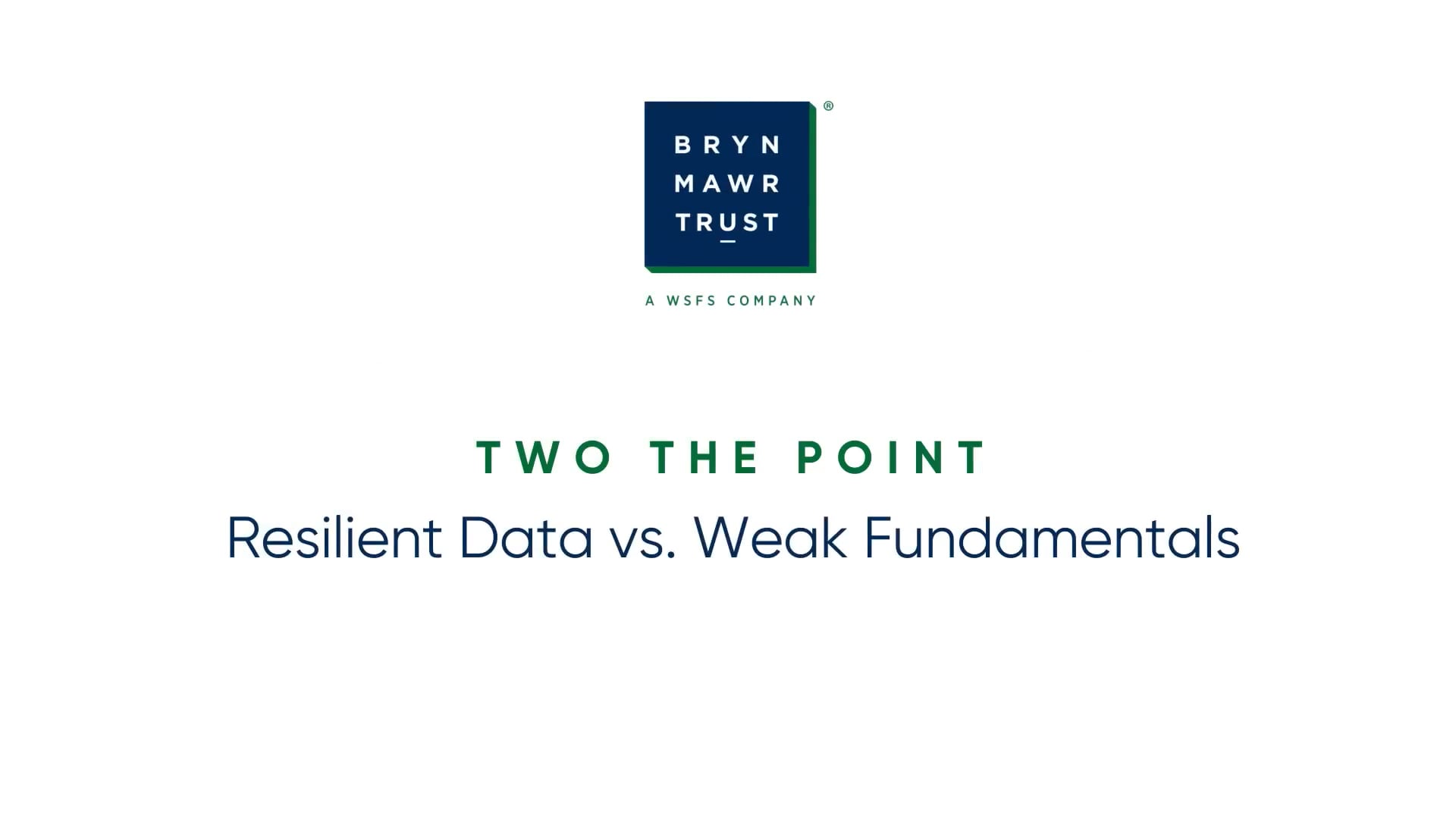People often ask whether they need a living trust for their estate plan. The answer depends upon your goals for managing your assets during your lifetime and how you would like to transfer them after your passing. Here are some key points to consider when determining whether a living trust is right for you.
What is a Revocable Living Trust?
A Revocable Living Trust is a legal arrangement that holds your assets while alive and distributes them upon your death according to your instructions. It is the most common type of trust, allowing you to retain complete control of your assets during your lifetime, amend its provisions at any time, and become irrevocable at death. Unlike a Will, which only takes effect after death, a living trust is effective immediately upon signing and helps you reap several benefits for you and your heirs.
How Does a Revocable Living Trust Work?
Setting up a Revocable Living Trust involves three key roles:
- Grantor/Settlor – The person who creates the trust and transfers assets into it.
- Trustee – The person or institution responsible for managing the trust’s assets. You are usually your trustee during your lifetime and name a successor to help in the event of your incapacity or after you pass away.
- Beneficiaries – The individuals or entities who will receive the trust’s assets, including you during your lifetime and your heirs after your passing.
Upon creating a living trust, you transfer assets – like real estate, bank accounts, or investments – into the trust’s name. Upon death or incapacity, your successor trustee manages or distributes the assets according to your wishes.
Why Might I Need a Revocable Living Trust?
The Will is the primary estate planning tool; however, a living trust works in conjunction with a Will, providing additional benefits to make estate administration easier. A few key benefits of a Revocable Living Trust include:
1. Avoiding Probate
Probate is the court-supervised process of distributing assets from an estate. Depending on your state of residency, it can be expensive, time-consuming, and public. A living trust allows assets to pass directly to your beneficiaries without probate, ensuring a smoother transition of your wealth.
2. Privacy Protection
A Will becomes a public record after death, so anyone can see details about your estate, assets, and beneficiaries. A Revocable Living Trust is private, keeping your financial matters confidential.
3. Incapacity Planning
In the event of incapacity, your successor trustee immediately manages your trust assets without court intervention.
Is a Revocable Living Trust Right for You?
A living trust can benefit anyone who wants to streamline the inheritance process for their loved ones. While not always necessary, if avoiding probate, maintaining privacy, and simplifying asset management during potential incapacity are priorities, a living trust could be wise. Just ensure you adequately fund the trust by retitling assets in its name, otherwise, they may still need to go through probate and miss out on the key benefits.
Living trusts are powerful tools that can help protect your assets and make estate administration easier. However, they are just one part of a comprehensive estate plan that includes a Will, Powers of Attorney for financial and medical decision-making, and a Living Will or Advance Directive for end-of-life care. You should consult with an experienced estate planning attorney to evaluate your situation and determine the best approach for your estate plan.




